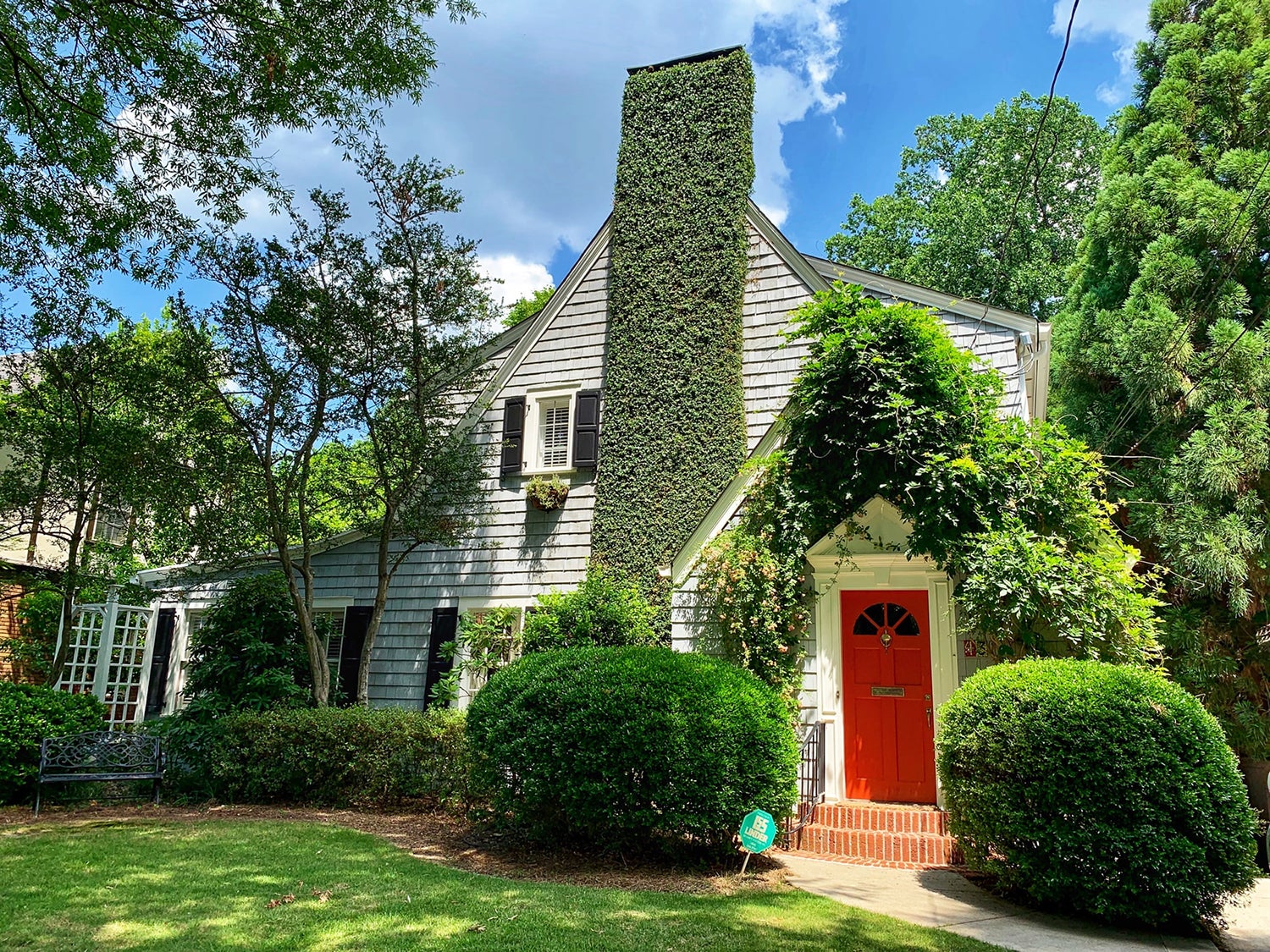As we get older and have to rely on a fixed income, many of us are looking at ways to reduce our overall living expenses.
One obvious solution would seem to be downsizing from our current home.
However, that may not always be the best idea.
For one thing, moving to a new home may not be sufficiently less expensive. A program from the National Endowment for Financial Education says you should reduce your home expenses by at last 25 percent when downsizing. There are many costs involved with downsizing. Selling your house and buying a new one, paying a real estate agent 6 percent is a lot of money, and moving is expensive, especially if you use a moving company. You also should consider property and sales taxes, utilities, association fees, and maintenance. If you’re moving to a harsher climate, you may encounter higher utility bills. And, moving to a new area can increase your auto insurance. And, as you get older, you’ll probably face higher medical expenses.
If you can’t lower your expenses that much, downsizing might not be the answer.
Buying a new home is hard to do these days with a very competitive market and limited supply. According to Zillow, the median sale for a home nationwide has reached $248,700. That’s much lower than in some areas of the country, especially those that appeal to retirees. Values have increased by 8.7 percent in the past year and are expected to increase another 6.5 percent this year, according to Zillow.
The National Association of Realtors says, on average, homeowners age 65 to 74 who downsize sell a $270,000 home and purchase one around $250,000. However, finding a smaller home in that range is becoming increasingly more difficult. First-time home buyers also are usually looking for smaller housing when they become homeowners.
One option that is becoming more appealing is to consider a reverse mortgage. If you have enough equity in your current home or cash on hand, a reverse mortgage can eliminate your mortgage payment and allow you to remain in your current home.
When we moved from Georgia to Utah, we found a very tight housing market and prices that were out of our reach. We obtained a reverse mortgage that allowed us to find a home that suited our needs and budget.
Yes, we encountered higher association fees and higher taxes in several areas in Utah that we did not have in Georgia. But not having a monthly mortgage payment has allowed us to stay within our budget and cover those additional costs.
Interest rates on reverse mortgages have decreased recently, and we refinanced our mortgage. That has lowered the interest accruing with the reverse mortgage and allowed us to establish a tax-free cash account we can use for unexpected emergencies or increased medical expenses.
It also will help with the equity in our home if we decide to sell down the road or leave it for our children if they should decide to take over our house.
Our mortgage manager said he is refinancing a reverse mortgage about one every day. He estimates that 70 percent of current, older homeowners will use a reverse mortgage in the next five years because of rising housing costs.
Another reason he cited was that we are living longer these days. Most people in the 65-70 age range can expect to live another 15-20 years.
“I used to advise people to plan for their 70s,” he said. “Now, I’m advising them to think about planning for their 90s.”
Our parents or grandparents planned on a 30-year career. Today, people have to plan on a 50-year working life.
That’s a sobering thought, especially as we get older and will probably face higher medical costs.
Our homes are our biggest asset. Protecting that asset will become increasingly more important as we get older.
Do we stay put? Do we try to move somewhere smaller? Do we want to move into a retirement home? Do we want to be closer to our children and grandchildren?
Those are difficult questions to answer as we get older. And there are no easy answers.
– Ryan from St. George, Utah, a FAR customer who is finding purpose in this new stage of his life.
* The opinions expressed in this article are those of the authors. They do not necessarily reflect the opinions or views of the Finance of America Reverse (LLC).
This article is intended for general informational and educational purposes only, and should not be construed as financial or tax advice. For more information about whether a reverse mortgage may be right for you, you should consult an independent financial advisor. For tax advice, please consult a tax professional.















I WANT TO KEEP UP TO DATE ON RETIREMENT TRENDS
Follow Us.